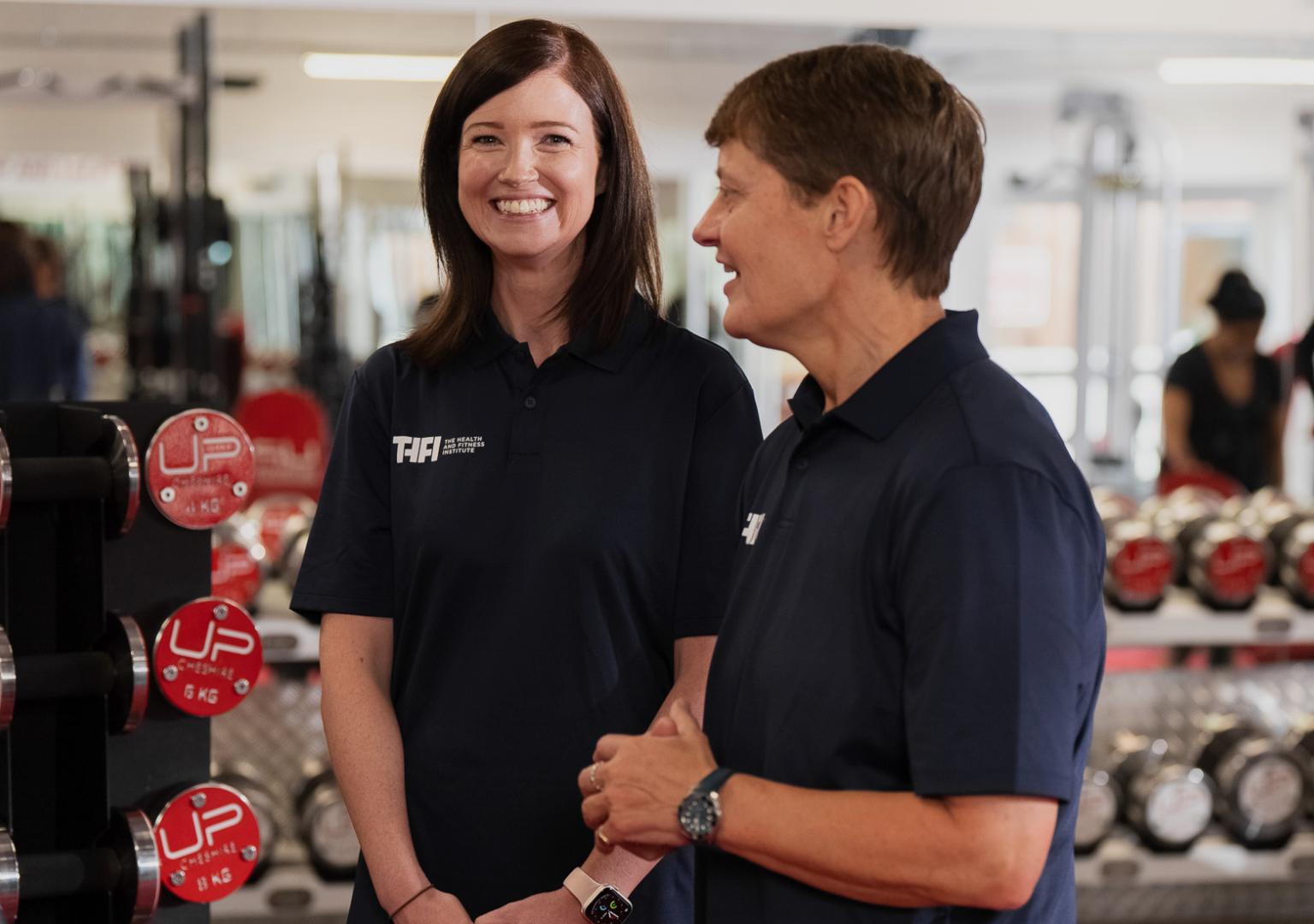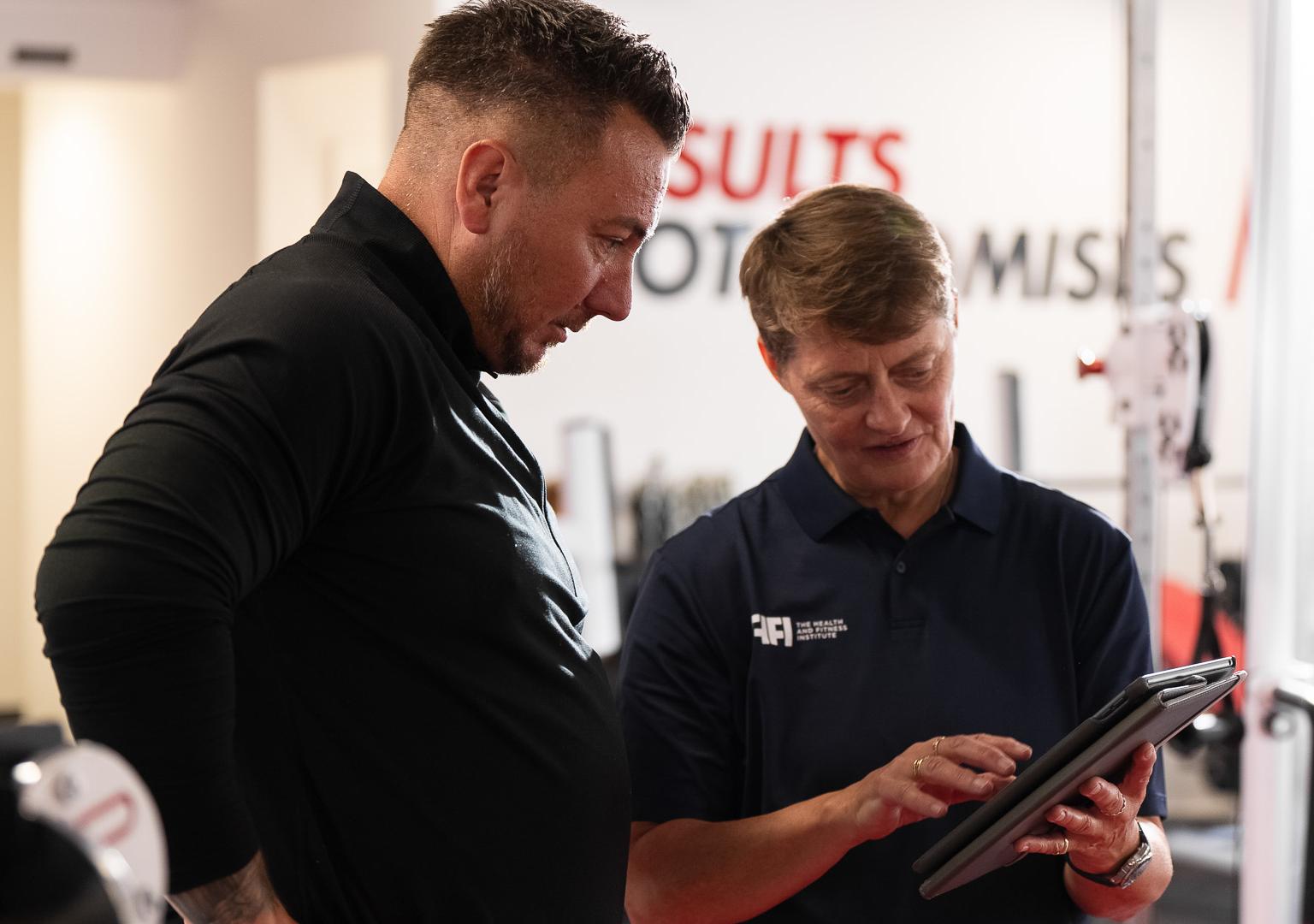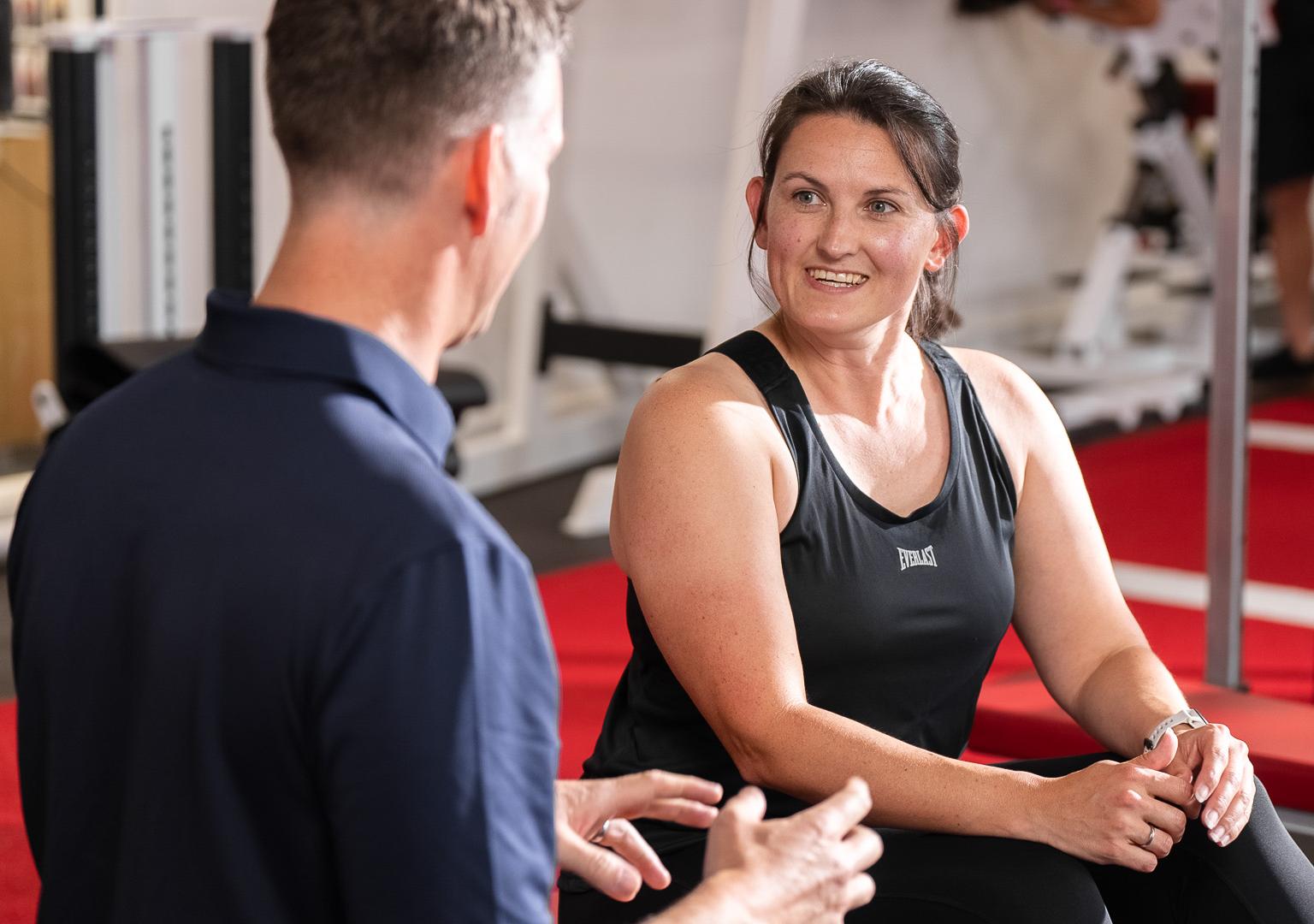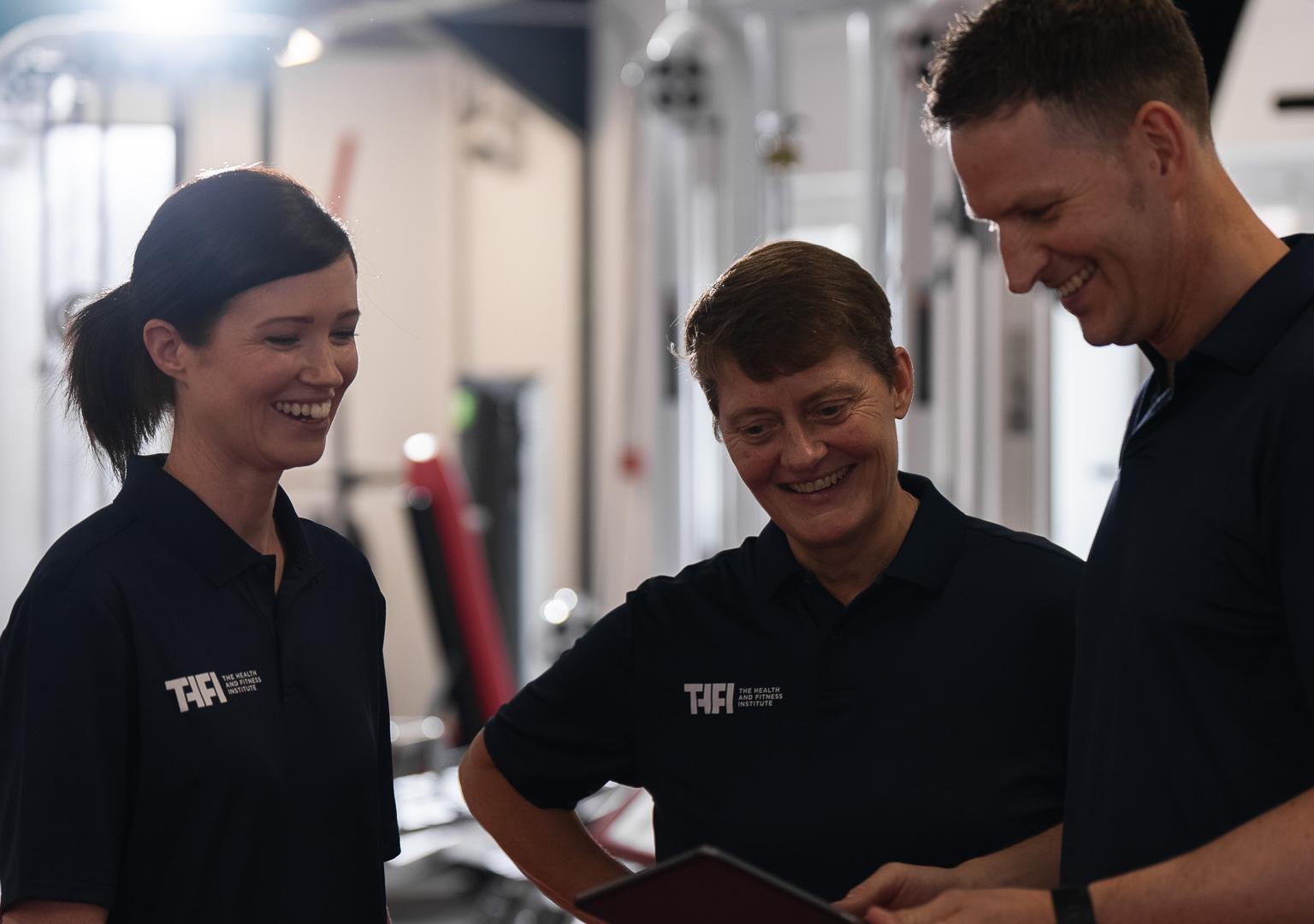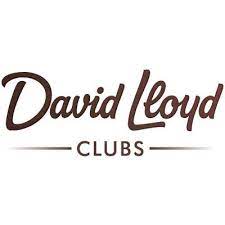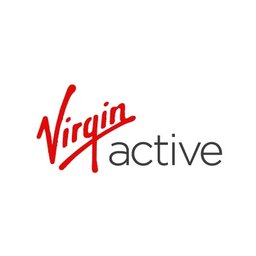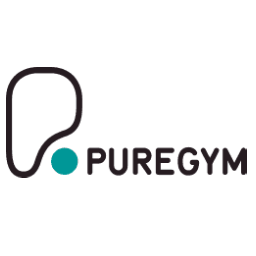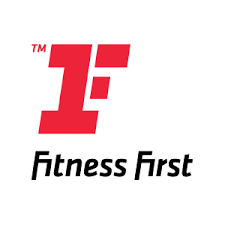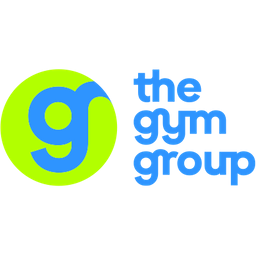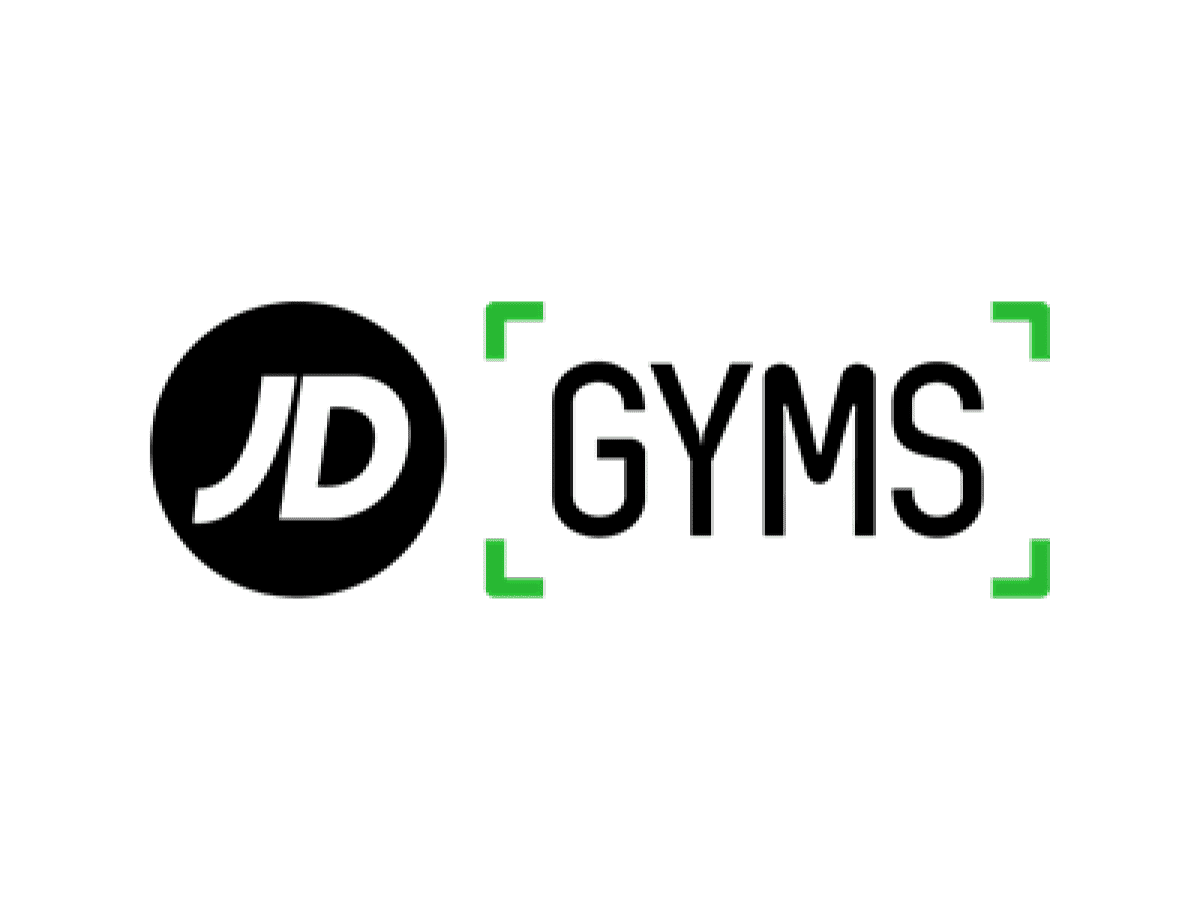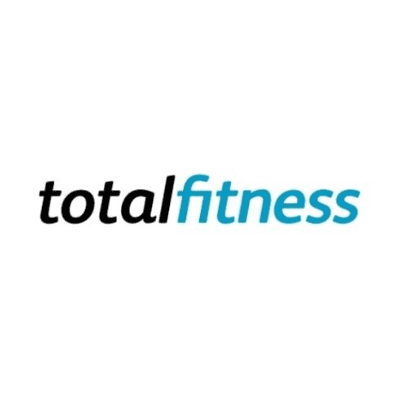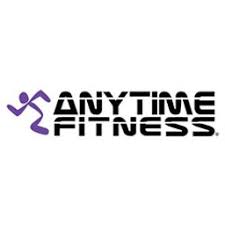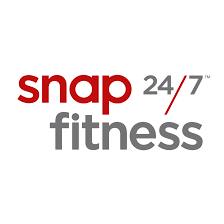Exploring Different Fitness Modalities

If you want to stand out from every other personal trainer, earn more money, and advance your career in fitness, you need to find your niche.
With the personal training space more competitive than ever, focusing on a specialism can give you a fast track to the career progress you want.
This article explores different fitness modalities you can specialise in as a personal trainer – the benefits and drawbacks of each, and what you need to do to become a specialist.
High-Intensity Interval Training (HIIT)
High-Intensity Interval Training (HIIT) comes in many forms, but it involves short bursts of intense exercise punctuated by periods of lower-intensity exercise or rest.
HIIT has many benefits for cardiovascular health, improved fitness and endurance, and fat loss. It is also time-efficient, adaptable for different abilities, and minimal equipment is needed,
However, the high-intensity nature of the workouts means the potential for injury can be high if not done properly, and a higher level of fitness may be needed to perform the workouts.
HIIT may be a good niche for you if you enjoy fast, high-energy workouts that push your clients to their limits. Tabata, CrossFit and Boxercise are HIIT-style training styles that you can focus on.
If you want to teach HIIT classes, you need your Level 2 Gym Instructing certificate. However, there are more courses and professional development you can do to further specialise in HIIT-style training.
Strength Training
Strength training also comes in many different forms. But ultimately, it is a form of exercise that focuses on building muscular size and strength using resistance from weights, bands, machines or bodyweight exercises.
The benefits of strength training include increased strength, muscular development, better body composition, improved mood, heart health and bone strength.
However, strength training comes with a greater risk of injury if done incorrectly, and often expensive and specialised equipment is needed to perform effective workouts.
If you enjoy helping clients improve strength, physical performance, and body composition through periodised training programs, this might be the right path for you to take your career.
If you want to become a specialist in strength training, a good starting point is obtaining your Level 4 Strength & Conditioning certificate, as well as attending expert seminars and workshops.
Yoga
Yoga is an ancient mind-body practice that combines flexibility, strength, balance, breath control and meditation.
It has many benefits, including lower stress, improved strength, balance and flexibility, and better mental well-being.
However, yoga can be hard for clients who do not have a good base level of fitness and flexibility.
Yoga might be the right specialism for you if you love helping your clients be more mindful, enhance their well-being, and improve their mental health.
You can specialise in forms of yoga such as Hatha, Bikram, or Vinyasa to differentiate yourself from other practitioners.
To become a yoga teacher, you may need specific yoga training qualifications depending on the style of yoga.
Pilates
Pilates is a low-impact form of exercise that clients of all ages can enjoy, which focuses on building core strength, mobility, and flexibility.
This form of exercise is good for improving posture and flexibility, reducing back pain, and generally increasing overall health and well-being.
However, it can be tough for beginners with poor core strength. The purpose is improving balance and mobility, so it is not as effective as strength training for building strength or aerobic workouts for weight loss.
Pilates might be the path for you to specialise if you enjoy working with clients to build up their core strength and flexibility in an accessible way.
You need to obtain a Pilates instructor certificate if you want to specialise, and attend workshops and seminars to further your knowledge.
Exploring different fitness modalities beyond standard personal training or gym instructing can really help you stand out in a crowded market and offer something different to your client base.
It can help you earn more and lead to a more fulfilling career in fitness which aligns with your own interests and strengths.
It's always worth thinking first about which area of fitness you enjoy most, what kinds of clients you like to work with, and how you can help them best.
Do you love working with athletes? Do you prefer training groups of people? Are you lit up by helping people make dramatic transformations?
This will help determine the niche that is right for you. Then you can focus on doing courses and qualifications, attending workshops, reading books and articles, and finding mentors who can help you improve.
Ultimately, the more specialised you become and the more knowledge you build up, the more valuable you become to your target market.





